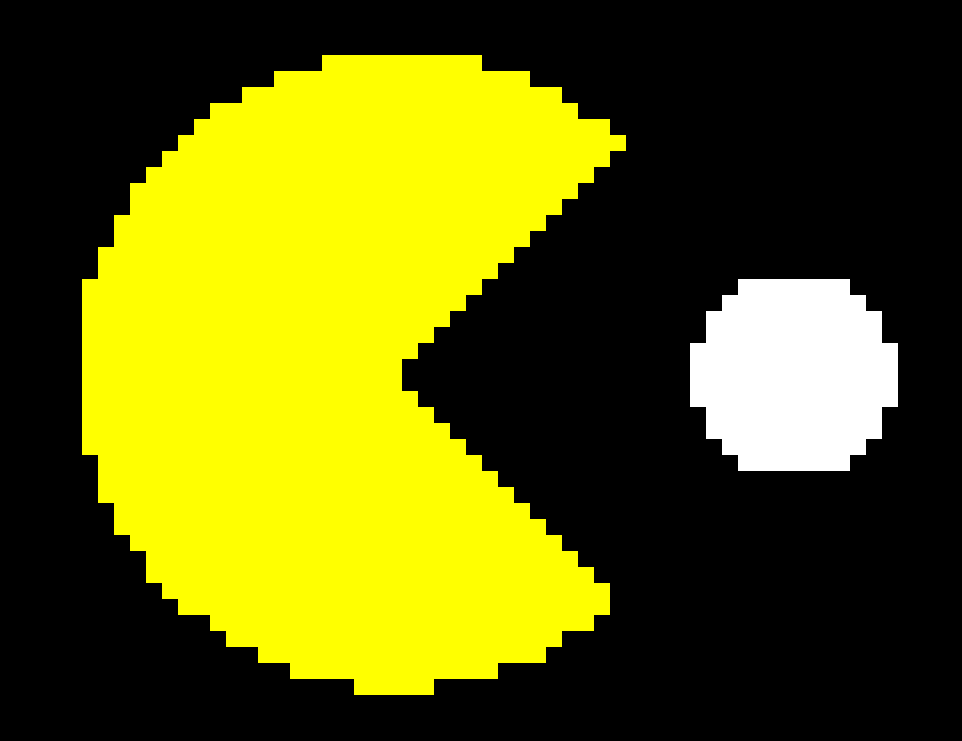 The IT University of Copenhagen and its Nordic partners call for papers and student presentations for a workshop on the philosophy of games to be held at the IT University, Copenhagen, Denmark, 29-30.08.2023
The IT University of Copenhagen and its Nordic partners call for papers and student presentations for a workshop on the philosophy of games to be held at the IT University, Copenhagen, Denmark, 29-30.08.2023
The notion of representation is often used in game studies literature, but it is practically always invoked in critical contexts. Existing research focuses on problematic aspects of representations of minorities, genders, or ethnicities. These analyses presuppose some philosophical notion of representation without spelling it out. And yet, as can be seen in the light of discussions over the idea of representation in other areas, the concept can be understood in different ways. Moreover, theories of representation approach the subject from various angles – apart from prominent discussions in philosophy of mind and philosophy of science it is also often invoked by scholars interested in aesthetics or theory of fiction. It seems that common understanding of the mechanisms underlying representation in games could benefit all researchers because even small differences of fundamental ontological or epistemological aspects of representation can affect our mutual understanding.
The workshop aims to bring together philosophers and game researchers and look at the philosophical status of the notion of representation in games. Example questions that we wish to examine during the workshop are:
- What are the specific features of representation in games (if any)?
- What mechanism is responsible for representation in games – how do games (or game elements) represent?
- What are the targets of game representation – do games (or their elements) represent reality, fictional entities, digital states of the computer, or something else?
- Does the technology used to produce games influence their representational status – is there an essential difference between representation in text games, 2D games, 3D games, or VR?
- Which parts of games should be considered as representational? Can game mechanics represent reality – if so, what are their targets?
- Is there a difference between representation in games and other digital objects?
- What is the representational status of the player’s actions in games? Which actions count as representations and which ones as virtual equivalents of real actions?
- How does the concept of representation in games differ from the concept of representation in science?
- If games are hybrids of simulations and fiction – which aspect should be given priority when we analyze their representational capacities?
- What is the status of representations of fictional objects in games – should they be accounted for in a similar way researchers do it in the case of other media or do they require special treatment?
- To what extent can existing theories of representation be applied to games, and how must they be complemented to best fit this domain?
For full paper presentations and student presentations we ask for an abstract (max 300 words) along with a short bio (max 100 words). Send abstracts/bios to pawg@itu.dk. Deadline for submissions is June 15, 2023.
The seminar is open for international submitters, but the program will have an emphasis on speakers with affiliations to Nordic institutions. We may be able to offer to cover some of the expenses for some of the Nordic participants.
Stacie Friend and Grant Tavinor are participating as invited speakers.
The workshop is funded by the Joint Committee for Nordic research councils in the Humanities and Social Sciences (NOS-HS). We aim to have a selection of the papers published in Journal of the Philosophy of Games.
Information about the workshop and the series: https://nordicgamephilosophy.w.uib.no/
Please sign up to the Facebook group: https://www.facebook.com/groups/586402056592864/
Paweł Grabarczyk, IT University of Copenhagen
Ida Kathrine Hammeleff Jørgensen, University of Southern Denmark
John R. Sageng, Game Philosophy Network
Espen Aarseth, IT University of Copenhagen
